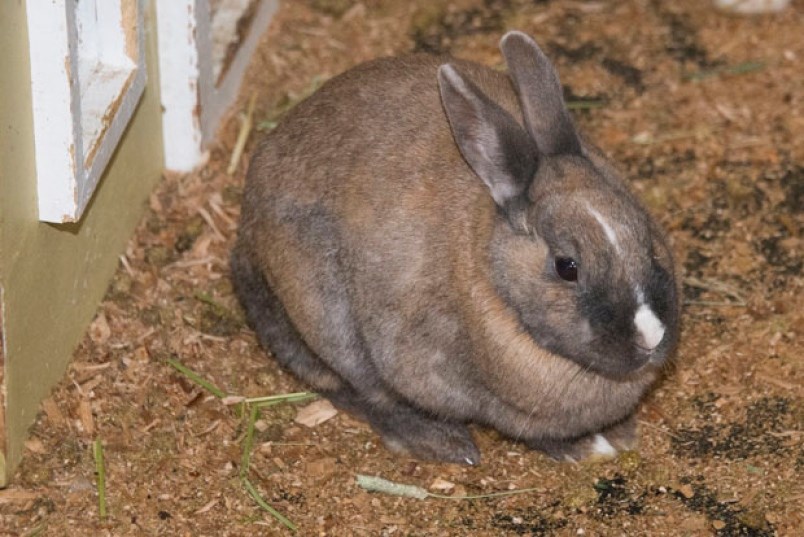The first batch of vaccines to protect pet rabbits from a deadly disease has arrived from Europe.
According to the province, distribution has started to 50 vet clinics across the province that ordered it to combat rabbit hemorrhagic disease (RHD).
Here in Delta, which was the site of several confirmed cases in March, no new cases have been reported.
“At this point in Delta we have not heard anything new about any deceased rabbits or anything like that,” said Delta Community Animal Shelter manager Ryan Voutilainen. “We are still maintaining our isolation quarantine protocols for the rabbits we have in house as we await that vaccine to come in.”
Voutilainen said he expects the shelter will receive the vaccine sometime next week.
However, it’s too late for the no-kill Richmond-based Regional Animal Protection Society (RAPS), which was told by the Ministry of Agriculture last week to euthanize 66 rabbits after a suspected outbreak of the highly contagious, airborne disease at its No. 5 Road shelter.
To meet the remaining demand, the government said a second batch of the vaccine is expected in early May.
The Ministry of Agriculture ordered the vaccine from a manufacturer in France in March, following the first-ever B.C. diagnosis of the disease on Vancouver Island.
The first shipment included all the vaccines the manufacturer had available. This included 1,090 individual doses and 42 multi-dose vials that are being distributed to vet clinics that ordered it following cases of the disease in their area.
It is also being distributed to clinics in other parts of B.C. that have clients who are concerned about protecting their rabbits from the quickly spreading disease.
RHD is an extremely infectious and lethal disease that causes internal bleeding and organ damage in rabbits.
Most affected rabbits die suddenly, but can show signs of listlessness, lack of co-ordination, changes in behaviour or trouble breathing before death.
Once infected, signs of illness occur quickly, usually within one to nine days.
Pet owners should monitor their rabbits daily for signs of illness, and contact their vet immediately with any concerns.
While there is no threat to humans or other domestic animals, in addition to rabbit owners taking precautions, the public is advised not to move domestic rabbits into the wild at any time.
As well, rabbit owners should take precautions when disposing of any rabbit remains.
Rabbit owners who want more information about how to keep their pets safe can consult with their vet or review an SPCA factsheet online at SPCA.bc.ca/news.
- With files from Richmond News



